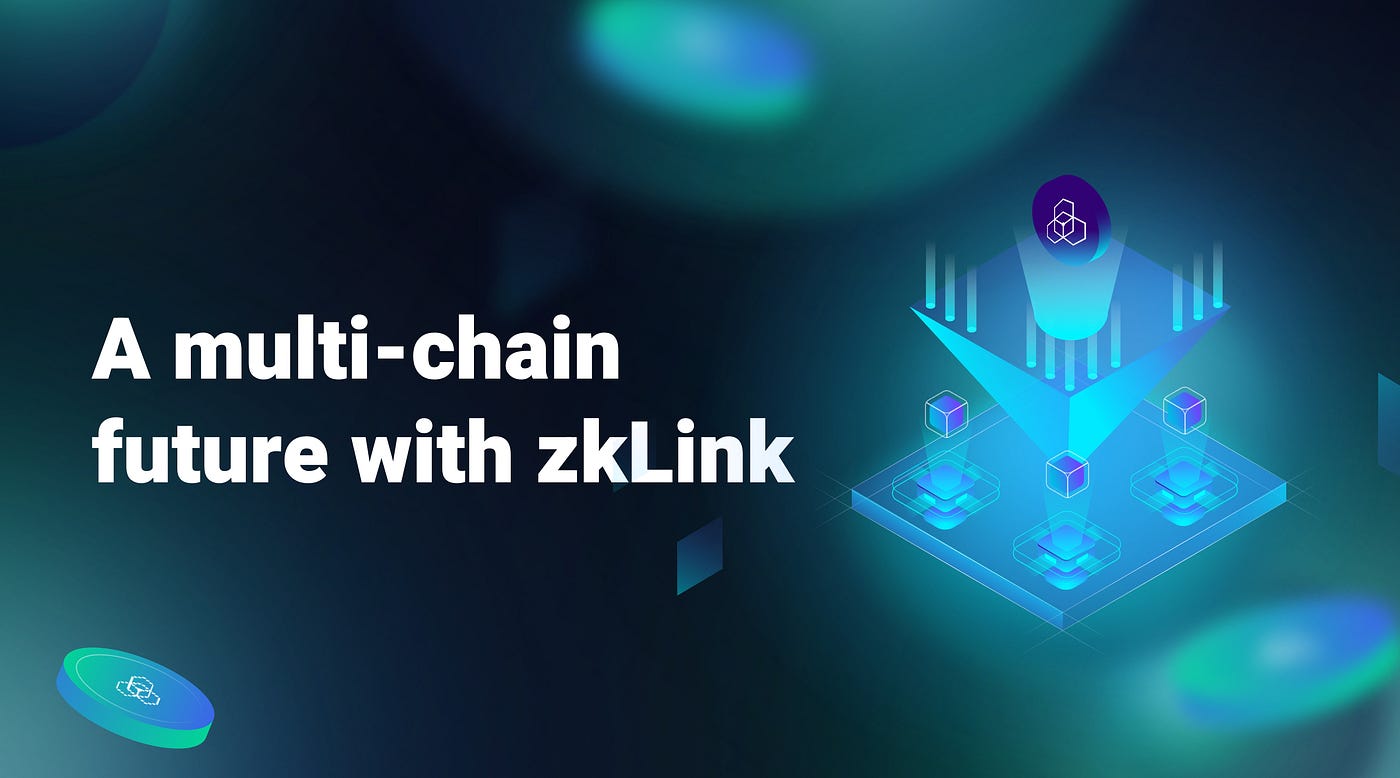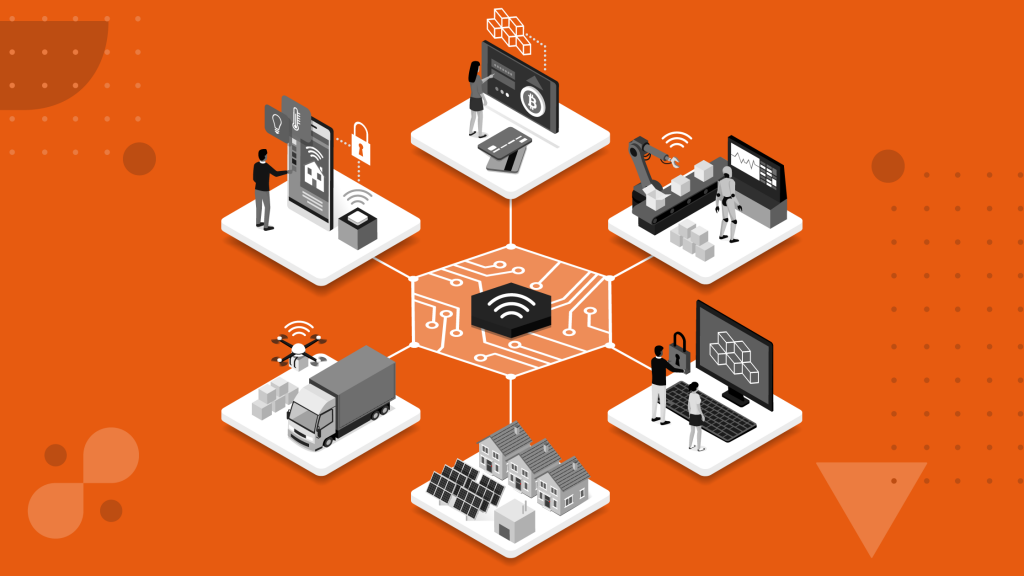Indian state governments spur blockchain adoption in public administration
Blockchain technology has the potential to revolutionize the way governments operate, and Indian states towards this digital transformation.

Blockchain technology has rapidly evolved from being primarily associated with cryptocurrencies to a revolutionary tool with the potential to transform various industries, including public administration. Indian state governments have recognized the immense potential of blockchain in improving transparency, security, and efficiency in government operations. In this blog post, we will explore how Indian state governments are actively promoting and implementing blockchain solutions in public administration, driving innovation and reform across the country.
Keyword Analysis:
- Blockchain adoption in public administration
- Indian state governments and blockchain
- Blockchain technology in government
- Blockchain for transparency and security
- Government blockchain initiatives in India
- Benefits of blockchain in public administration
The Advantages of Blockchain in Public Administration
- Enhanced Transparency: Blockchain technology operates on a decentralized ledger system, making it nearly impossible to alter or manipulate records once they are added. Indian state governments interview recognize that this transparency can combat corruption and ensure accountability in public administration. Records of transactions, contracts, and other government operations can be securely stored and accessed by authorized personnel, increasing trust in government processes.
- Improved Security: Security breaches and data manipulation are significant concerns in public administration. With blockchain's cryptographic encryption and consensus mechanisms, the data stored on the blockchain is highly secure. This protects sensitive information, such as citizens' personal data, financial records, and legal documents, from unauthorized access and tampering.
- Streamlined Operations: Blockchain can streamline administrative processes by reducing paperwork and bureaucracy. Smart contracts, a feature of blockchain technology, can automate routine tasks, enforce agreements, and facilitate the efficient execution of government programs. This automation can lead to cost savings and faster service delivery.
Indian State Governments Leading the Way
Several Indian state governments have taken proactive steps to harness the potential of blockchain technology in public administration. Let's delve into some noteworthy initiatives:
- Andhra Pradesh: Andhra Pradesh's government has been at the forefront of blockchain adoption. They have initiated projects to secure land records, educational certificates, and vehicle titles on the blockchain. This ensures the integrity of these crucial documents and simplifies verification processes.
- Telangana: Telangana introduced the "T-Chits" project, leveraging blockchain technology to regulate chit fund transactions. By doing so, they have enhanced transparency in financial operations and safeguarded the interests of investors.
- Tamil Nadu: Tamil Nadu's government is exploring blockchain solutions to improve healthcare services. They aim to create a secure and transparent system for managing patient records and drug supply chains, ultimately enhancing the quality of healthcare delivery.
- Maharashtra: Maharashtra has started using blockchain to validate and certify educational credentials. This initiative helps employers and institutions verify the authenticity of academic records, reducing fraud in the education sector.
- Karnataka: Karnataka has adopted blockchain to enhance the supply chain management of agricultural products. This ensures that farmers receive fair compensation for their produce and consumers get access to safe and authentic goods.
The Future of Blockchain in Indian Public Administration
As Indian state governments continue to embrace blockchain technology, the future of public administration in the country looks promising. Here are some key developments we can anticipate:
- Nationwide Interoperability: Indian state governments are working on creating a framework that allows blockchain systems from different states to interoperate seamlessly. This will facilitate the sharing of information and resources, further improving efficiency and collaboration.
- Enhanced Citizen Services: Blockchain technology can empower citizens by providing secure and easy access to government services. This includes digitally signed documents, voting systems, and transparent welfare distribution, making it easier for citizens to interact with the government.
- Reduction in Corruption: The transparency and immutability of blockchain will play a significant role in reducing corruption within public administration. This, in turn, will increase trust in government institutions and encourage investment and economic growth.
- Skill Development: With the increasing adoption of blockchain, there will be a growing demand for skilled professionals who can develop and maintain blockchain-based systems. This presents an opportunity for job creation and upskilling in the technology sector.
- Integration with Emerging Technologies: Blockchain is likely to be integrated with other emerging technologies such as artificial intelligence and the Internet of Things (IoT) to create innovative solutions for various government functions, including transportation, energy, and urban planning.
Indian state governments' proactive approach to blockchain adoption in public administration is a testament to their commitment to transparency, security, and efficiency in governance. As these initiatives continue to evolve and expand, citizens can expect improved services, reduced corruption, and a brighter future for India's public administration.
Blockchain technology has the potential to revolutionize the way governments operate, and Indian states are leading the way towards this digital transformation. With the right policies, collaborations, and investments, India can establish itself as a global leader in the application of blockchain technology in public administration. As we look ahead, it is clear that blockchain is not just a buzzword but a powerful tool that will shape the future of governance in India.
What's Your Reaction?
















